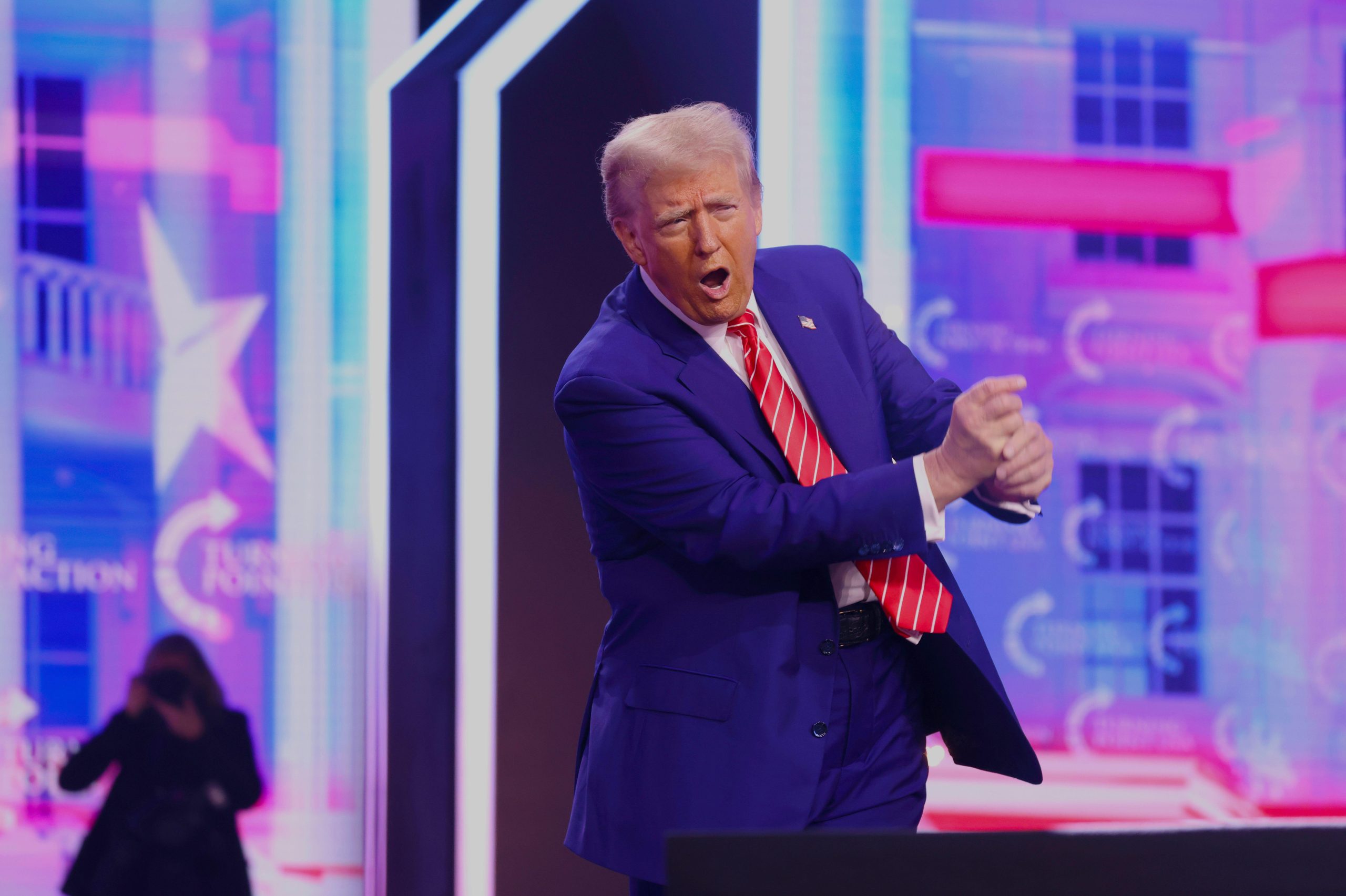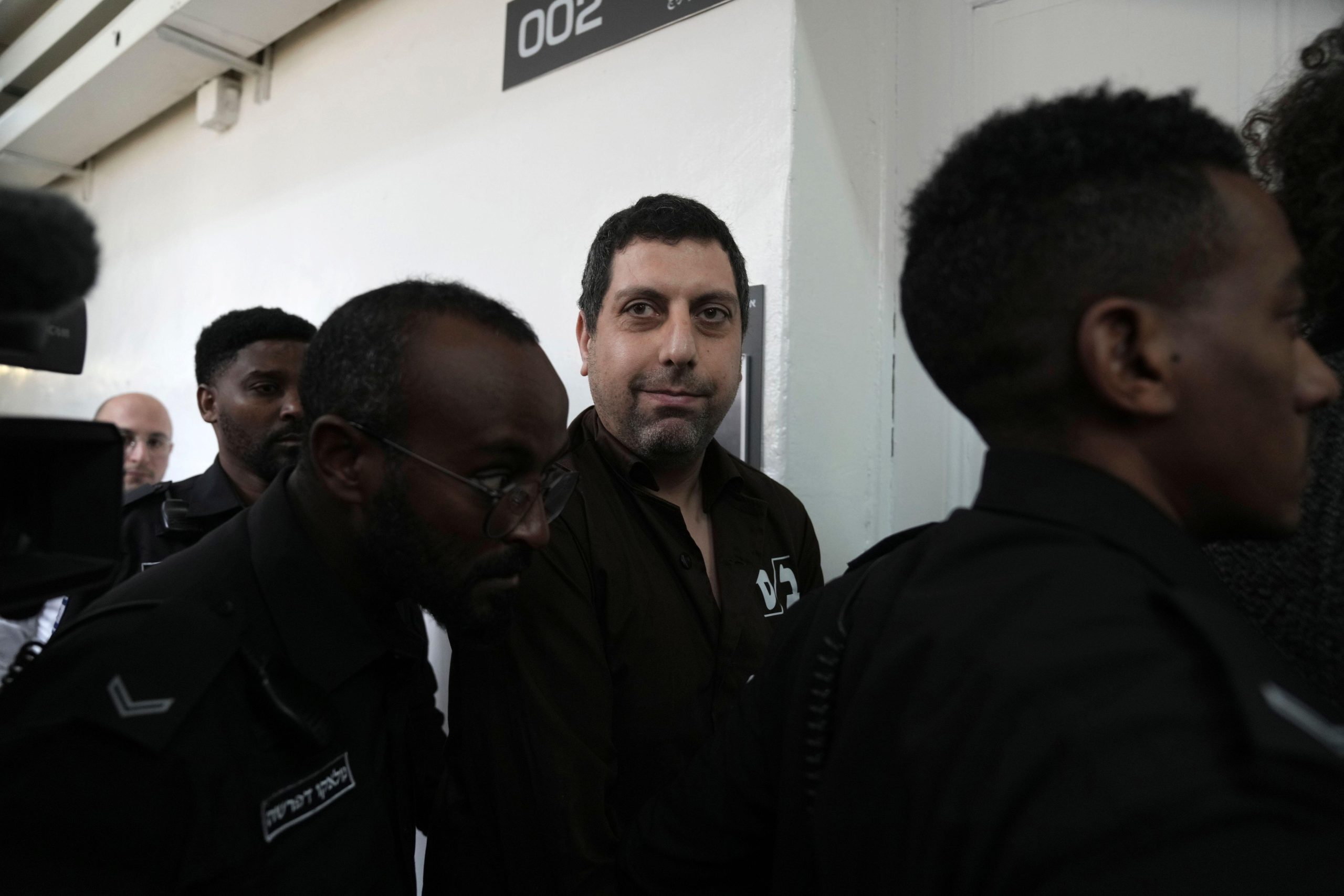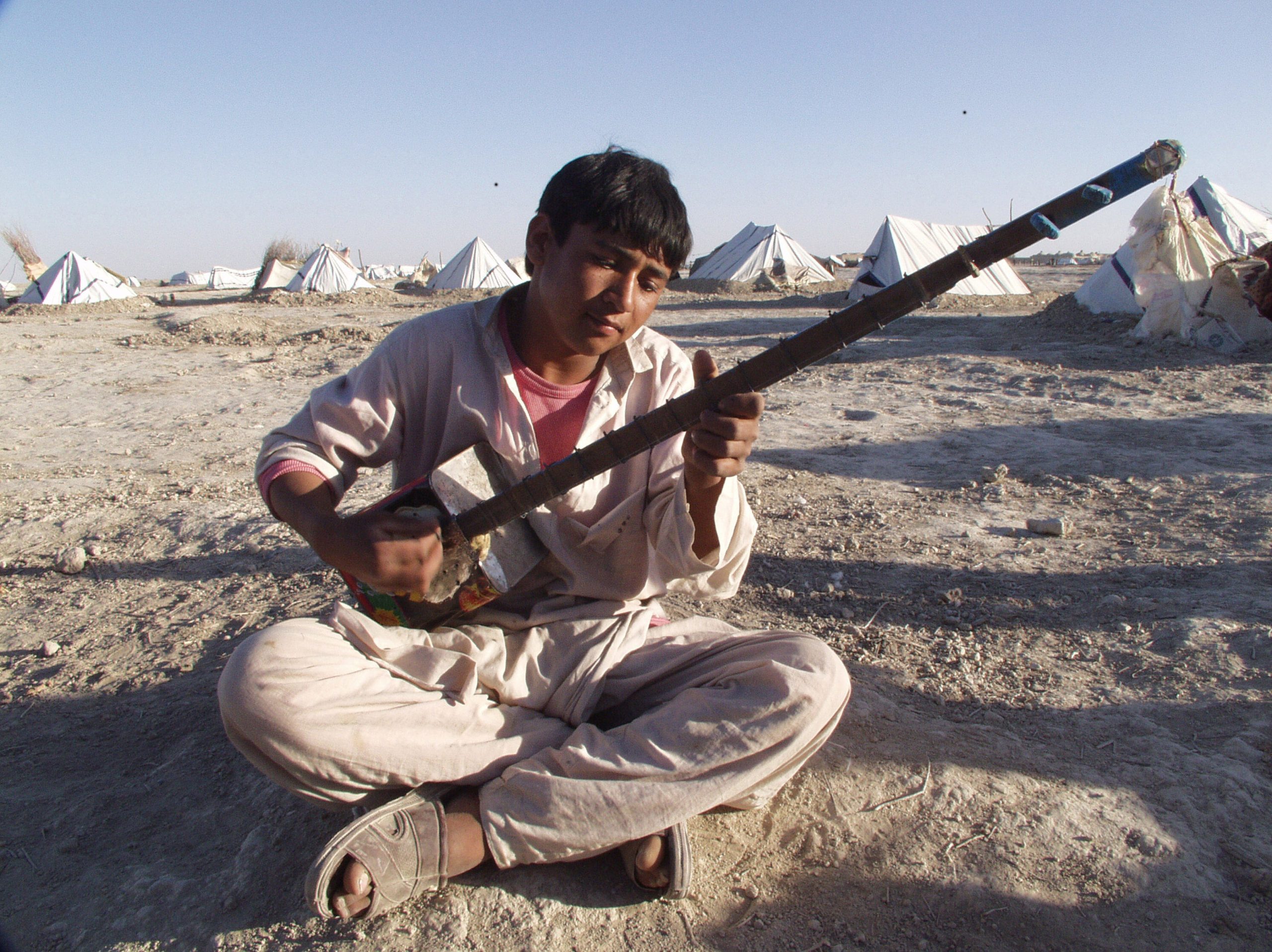
An Index on Censorship event on the politicisation of climate science reflected a growing debate, highlighted by “climategate”. Padraig Reidy reports
This article was originally published at Liberty Central
The combination of the recent “climategate” scandal and the upcoming Copenhagen summit has put environmental issues, and specifically global warming, in the spotlight. Until recently, it seemed strange that there would even be such thing as a “climate debate”. But increasingly, voices that challenge the accepted thinking on the issue seem to be gaining ground.
For the record, I adhere to the theory of anthropocentric global warming, and I agree that something must be done about it. What I find odd is that this has increasingly become a political, rather than scientific debate. A certain strand of libertarian conservativism, characterised by Telegraph writer James Delingpole, seems to pursue the battle against intervention to limit climate change as a crusade against liberal orthodoxy. In response, the language of the left has become increasingly vitriolic. Delingpole and his ilk are no longer disbelievers in man-made climate change, they are “deniers” – a phrase normally reserved for revisionists who question the Holocaust, or evidence of ethnic cleansing in the Balkans. Meanwhile, earlier this week, columnist Johann Hari compared the situation for environmentalists as akin to Europe facing Nazism in 1936, casting climate change sceptics not as deniers, but as those other great criminals of the British left, appeasers.
Last night, Index on Censorship hosted an event at the Free Word Centre in the hope of teasing out the various strands of this conflict. The title – “Is climate change scepticism the new Holocaust denial?” – may have seemed provocative, but it picked up on phrases used by panellist George Monbiot, who in the past has described the two stances as equally immoral and stupid. When asked if he thought climate sceptics’ evidence for their claims was as flakey as that of Holocaust deniers for theirs, Monbiot concurred. Questioned on the use of the term “deniers” to describe his opponents, Monbiot said he simply could not think of a better way of describing them, though he recognised the implications the term could carry for some.
His opponent in the debate, Delingpole, scented censorship and concealment among climate scientists. Delingpole claimed the “climategate” scandal was the biggest conspiracy since Watergate – bigger, in fact: “Watergate was just about a naughty president,” he claimed. “Whereas Climategate is about the integrity of the scientific process; and about the economic future of the world.”
Monbiot was happy to accept this point, even going further by saying he would have preferred that Phil Jones, head of the University of East Anglia Climate Research Unit, had resigned rather than merely stepping down pending investigation.
As the debate progressed, a certain consensus was reached, at least between the debaters: the scientific process must remain transparent, and should not be affected by ideology, or even morality.
But can we draw some parallel between the politicisation of climate science and the politicisation of Holocaust history by denialists with Nazi sympathies? Climate campaigners have frequently pointed out the many obfuscations and inaccuracies in the sceptics’ arguments. Now the Climategate emails have given the sceptics some ammunition to make similar accusations. When either side of a debate hides some facts, or exaggerates others, then genuine free inquiry, the engine of progress, suffers.





